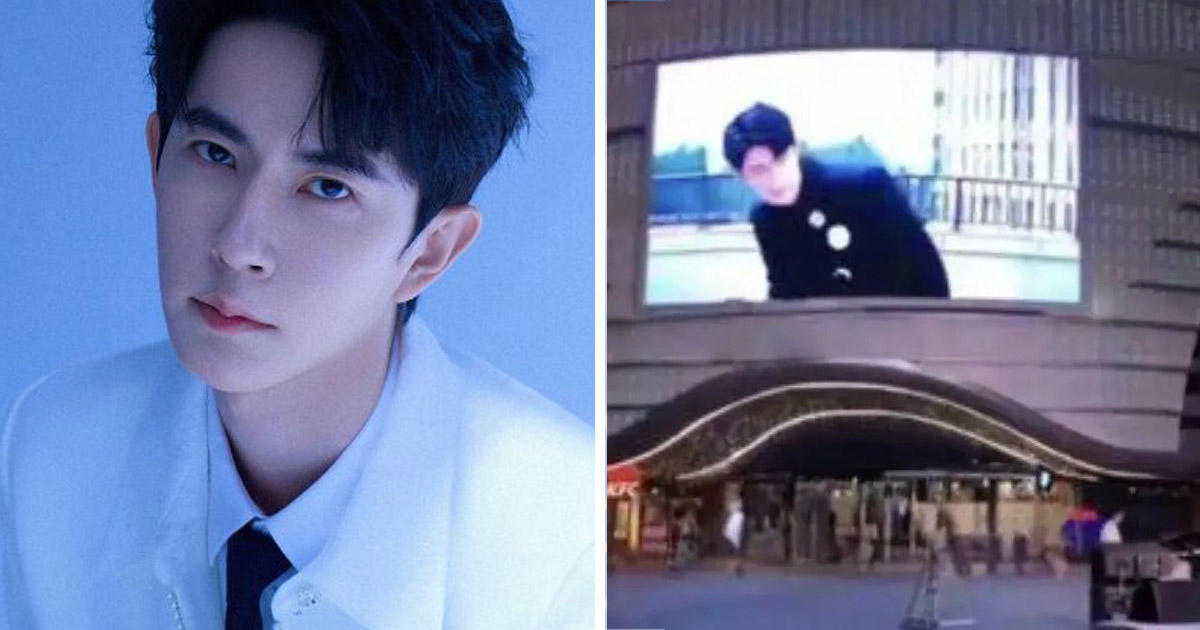Introduction to A-IDOL
MBC recently aired a two-part idol survival show titled “A-IDOL” set in a virtual world called “Hexarium”. This innovative program featured an AI producer named LODIA-I, who evaluated the performances of six idol groups. The show premiered in August 2025 and has already sparked significant discussion in the K-pop community regarding the implications of AI in entertainment.
Controversies Arising Post-Broadcast
Following the show’s broadcast, several issues have come to light, primarily concerning LODIA-I’s pronunciation errors, buffering problems, and the unclear evaluation criteria used throughout the program. These factors have led to doubts about the legitimacy of the contestants’ abilities and have raised questions about the reliability of AI systems in assessing talent.
The Challenge of AI Evaluation
The reliance on AI for entertainment purposes, especially in a competitive setting like A-IDOL, has sparked a debate on the efficacy and accuracy of such evaluations. Critics argue that AI lacks the nuanced understanding of artistry that human judges possess, potentially leading to unfair conclusions about a contestant’s skills.
The Growing Influence of AI in Entertainment
The phenomenon of AI-generated content is gaining traction, with cover songs and deepfake videos becoming increasingly common. This trend raises concerns about misinformation in entertainment news, as audiences may struggle to discern genuine performances from AI-generated imitations.
Media Responsibility and Digital Literacy
In light of these developments, the media’s responsibility in reporting AI-related content is more crucial than ever. The recent coverage by the BBC on SEVENTEEN’s “Maestro” album, which featured AI-generated scenes, highlighted the need for clarity and accuracy in reporting. Following the article, member Woozi and the agency Pledis requested corrections, underscoring the potential for misinformation to damage artists’ reputations.
Conclusion
As the entertainment industry evolves with the integration of AI technologies, it is imperative for media outlets to establish guidelines for reporting on these developments. Enhancing digital literacy among audiences will play a vital role in navigating the complexities of AI in K-pop and beyond. The future of shows like A-IDOL will depend not only on the technology itself but also on the media’s capacity to provide accurate and responsible coverage.
This brief was automatically generated from official updates. For in-depth coverage, visit our Trends section.
 1 week ago
25
1 week ago
25













 English (US) ·
English (US) ·